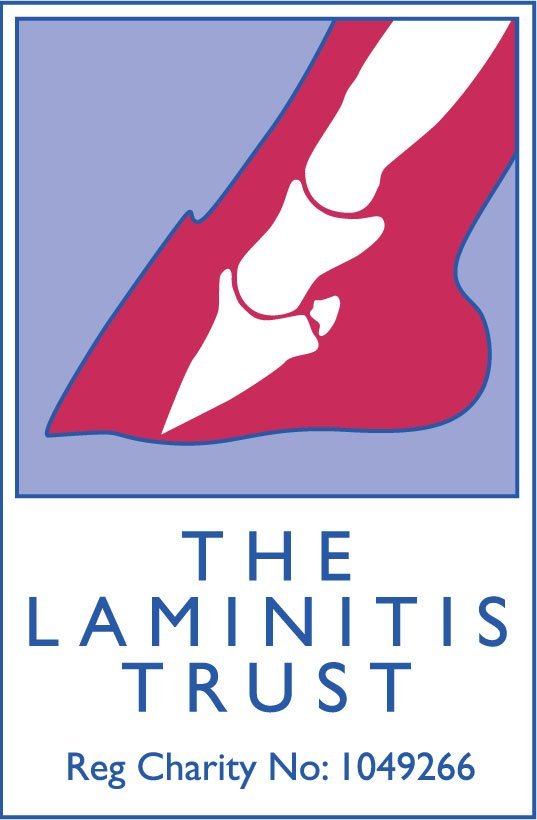|
You, as horse owners,
will be all too aware of the plethora or nutritional supplements marketed
at the owners of laminitics. At the Laminitis Trust, we are concerned
that people buying these supplements may expect them to provide benefits
beyond what is rational.
Firstly, laminitis supplements,
are not drugs and thus do not come under the regulations of the Medicines Act.
They are considered to be feed additives and are loosely regulated under the Feeding
Stuffs Regulations. As such they are not allowed to make claims to prevent, treat
or cure disease. Because of this none have any specific research backing behind
them indicating that the products have been proven to affect horses and ponies
with laminitis either beneficially or detrimentally. Research, means work which
was of sufficient quality to have been accepted for publication in a scrutineered
scientific journal.
The Trust has been
concerned for many years that horse owners do not understand the above
situation and are encouraged to buy these products believing them to be
effective at either preventing or alleviating the signs and symptoms of
equine laminitis.
Unless owners are aware
that the only effective way to prevent and treat laminitis is as outlined under
the various sections on this website they often seem to use laminitis supplements
as an easy alternative. Laminitis prevention and treatment involves time and effort
and can not be accomplished by buying a pot of supplement alone.
With particular reference
to laminitis, a supplement having the following properties may be of great
value;
-
Chose a certified
non-GM supplement which provides nutrients which help against insulin
resistance and will improve horn quality.
-
Magnesium,
Chromium, Vanadium and Glucose Tolerance Factor (GTF) are important
nutrients against insulin resistance, which the supplement should
contain in balanced amounts.
-
Antioxidants
are important as are the two rate limiting amino acids lysine and
threonine, in certified amounts.
-
Arginine is
the amino acid precursor of nitric oxide, one of the most potent vasodilators
the horse's body produces, so that, and omega 3 fatty acids, which
have anti-inflammatory properties are important.
-
Some laminitis
cases suffer from Cushing's disease so chose a supplement which contains
balanced amounts of L-tyrosine and phenylalanine, the amino acids
which are metabolised by the horse into DOPAmine, serotonin and melatonin,
the important hormones and neurotransmitters which are vital in adequate
concentrations in Cushing's Disease cases.
-
Non GM sources
of phospholipids, over 3 gms calcium, and 1gm magnesium, suphur containing
amino acids cystine and methionine, zinc, Vitamin A and biotin (20mg/day)
are important to optimise horn quality.
-
Many supplements do not
contain what they say on their own labels. So consider chosing one manufactured
under a accreditation scheme such as those policed by the Vegetarian Society or
UFAS.
-
The hoof horn
of horses and ponies suffering, or having suffered, from laminitis
and founder, becomes damaged due to a variety of factors, including
serum leakage. These animals therefore need the exact balance of nutrients
necessary for new horn formation at optimal speed and of optimal quality.
A hoof supplement with proven results of efficacy, preferably having
undergone a study at a recognised University is preferable.
-
An effective
supplement will provide a broad spectrum of nutrients, usually over
50, from natural sources, not just a few nutrients such as biotin,
methionine or zinc.
|

